Apple Runs iPhone 6s Commercial Focused on 3D Touch

Apple has introduced a new iPhone 6s commercial called “3D Touch”, appropriately named given the emphasis on the 3D Touch feature of the devices screen.

Apple has introduced a new iPhone 6s commercial called “3D Touch”, appropriately named given the emphasis on the 3D Touch feature of the devices screen.

Picture In Picture mode allows iPad users to open a floating video player or FaceTime chat that persists in a small overlay while doing other activities in iOS. For example, you could be working in Pages or drawing in Notes while watching your favorite sports team in a hovering player window with PiP, it works a bit like hovering a video or FaceTime call over some other application window on a desktop computer. This is a great multitasking feature for iPad users, and it’s easy to use.

The Lucida Grande font is known for its crisp and obvious readability which makes it a great user interface font, and it rightfully served as the Mac OS X default system font for many years. Then along came Yosemite, where the Mac system font was changed to the generally unpopular Helvetica Neue. Apple has since improved font readability considerably by changing the default system font yet again in OS X El Capitan, this time to a new font called San Francisco. While the San Francisco font is considerably better as a display font than Helvetica Neue, it’s still not quite as readable for some Mac users and on some non-retina displays as Lucida Grande. Fortunately, with a little effort you can change the default system font on a Mac with OS X El Capitan to Lucida Grande again, and return to the classic user interface font.
This app changes the system font, used in menu bars, menus, the Finder, Dock, window title bars, and elsewhere. If you like the system font the way it is now, or don’t even care, you likely won’t benefit from this application.

Apple has released the fourth beta version of OS X 10.11.1 El Capitan to Mac users participating in both the public beta and registered developer beta testing programs, arriving as build 15B38b.
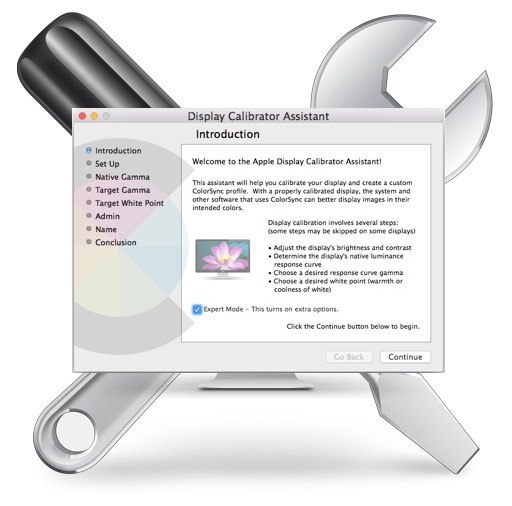
Mac users are likely familiar with the process of using display calibration to get the best color and picture quality for a specific monitor or screen used with a computer, and to get the most out of the calibrator tool you’ll want to run the utility in Expert Mode. While Expert Mode used to be immediately visible in the Display Calibrator Assistant, it’s now hidden by default in the newest versions of macOS and OS X. This has led some Mac users to think the Expert Mode advanced color calibration options are missing in Mac OS X now, but in fact it just requires an additional step to access.
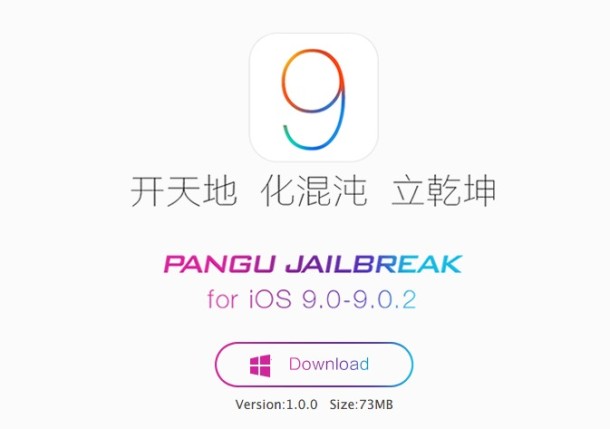
A jailbreak has been released for all compatible iPhone, iPad, and iPod touch models running iOS 9, iOS 9.0.1, and iOS 9.0.2. Arriving out of China, the Pangu jailbreak is the first for iOS 9 and iPhone 6s and iPhone 6s Plus.
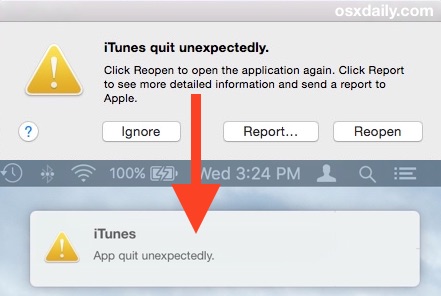
Advanced Mac users who are either in development or another field which experiences frequent app crashing may find the persistent Crash Reporter windows with the ‘App quit unexpectedly’ message to be a nuisance, interfering with their workflow in Mac OS X. While one longstanding option is to disable the Crash Reporter dialog completely in MacOS X, perhaps a better approach is to send those crash reporting dialog boxes into notification center instead.
To be clear, this does not disable the Crash Reporter dialog windows, and it has no impact on crash logs themselves, it simply transforms the crash alert into a Notification within the Notification Center of Mac OS X. If you click on the crash report notification, the regular Mac crash report screen will open as usual.
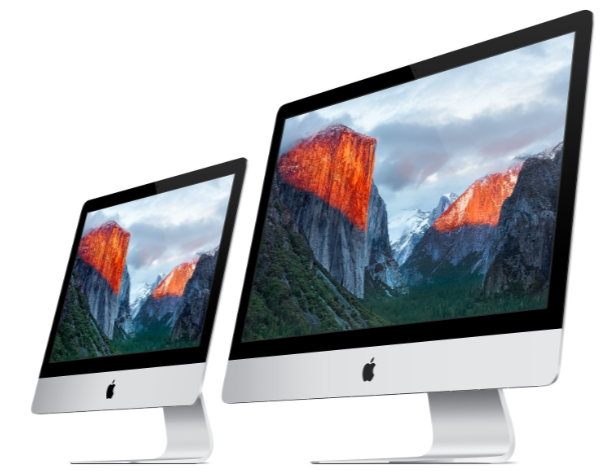
Apple has released hardware updates to the iMac line, with new models available with retina displays at both 21.5″ and 27″ screen sizes. Additionally, Apple has released a set of new peripherals, including the Magic Keyboard, Magic Mouse 2, and Magic Trackpad 2, each with built-in rechargeable batteries.
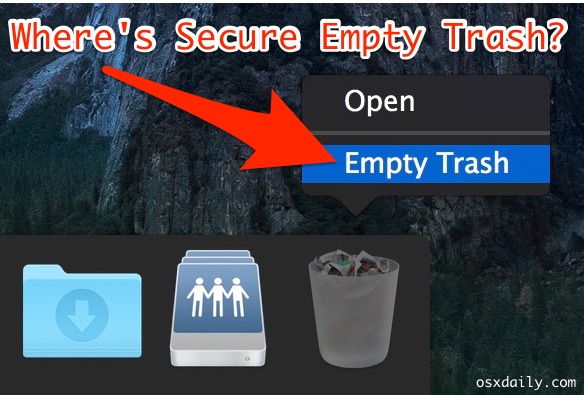
Many Mac users have noticed that the Secure Empty Trash feature has been removed in OS X El Capitan (10.11 or later), the reason the feature was removed is basically because it did not work all the time, but more on that in a moment. First, let’s cover how you can perform the equivalent of “Secure Empty Trash” on any Mac running OS X 10.11 or later.

Apple has released the fifth beta version of iOS 9.1 to users participating in the pre-release testing programs. The new build arrives as 13B137 and is compatible with any iPhone, iPad, or iPod touch that runs iOS 9.

This weeks featured Mac setup arrives from Don W., a security researcher and developer who has a great workstation with six displays and some interesting additional hardware. Let’s dive in and learn a bit more!
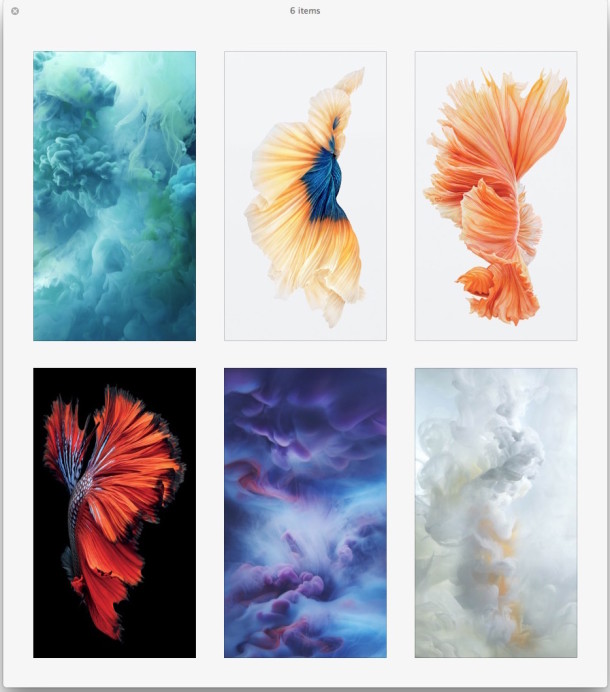
For iPhone and iPad users who have already updated to iOS 9, they’ve likely discovered some new fancy wallpapers included in the latest system software version. But for iPhone 6s and iPhone 6s Plus owners, there’s an additional set of wallpapers, which are actually animated and activated by using the 3D touch feature on those devices.
These 6s specific wallpapers are absolutely beautiful and shouldn’t be limited to the latest iPhones, so we’re sharing them with you. While you won’t have the animation associated with each wallpaper, you can at least enjoy the gorgeous imagery as your device wallpaper.
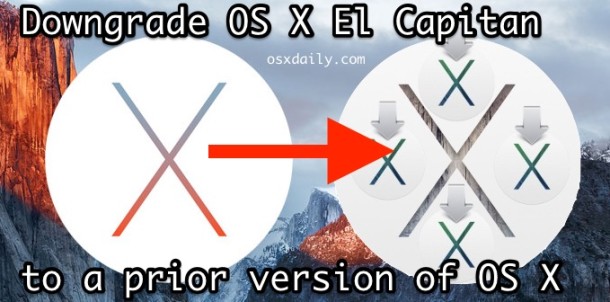
Most Mac users are happy with OS X El Capitan, but for some situations, the new version of OS X 10.11 is unusable for one reason or another. Perhaps it’s running worse than before, slow, or unstable, or maybe some important piece of software is not compatible with El Capitan, like some versions of Office. Whatever the reason, a solution for these situations can be to downgrade from OS X El Capitan and revert back to the prior version of OS X that was running on that Mac.
![]()
A handful of iPhone users have discovered their Camera app icon has gone missing after updating iOS to the latest version. Why the Camera mysteriously disappears after updating iOS isn’t always clear, but it’s typically an easy fix using one of the methods outlined below.

One of the new feature additions in newer Mac OS releases is the ability to quickly locate a mouse cursor on screen by shaking the mouse or trackpad cursor around, which causes the cursor to enlarge briefly, making it very easy to find on single or multiple display setups.
This is a useful feature particularly if you find yourself losing the cursor from time to time, but some users may not appreciate the cursor growing anytime the mouse or trackpad is shaken around or moved quickly. Thus, some Mac users may wish to disable the shake to find cursor feature in Mac OS X.
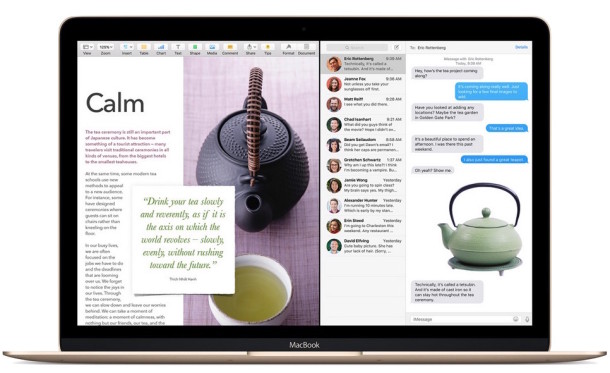
Some Mac users who have been trying to use Split View in Mac OS X have discovered the feature isn’t working for them, and they are not able to place two full screen apps side-by-side into Split View.
The inability to use Split View is typically because the user has upgraded Mac OS X from a prior release of system software, and a particular setting has carried forward which is preventing Split View from working. But not to worry, this is a very easy fix.

Apple has released the third beta version of OS X 10.11.1 El Capitan for Mac users participating in the El Capitan Public Beta and Developer Beta testing programs. The new build arrives as 15B30a and continues to focus on bug fixes and improvements to OS X El Capitan.
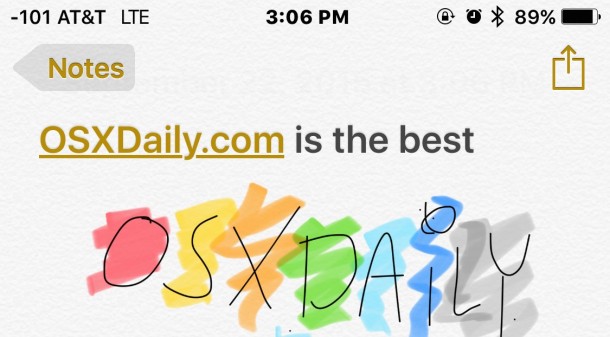
The Notes app in iOS now allows you to draw, sketch, and color, using your finger or a stylus on the touchscreen. This is a really fun feature that is quite well done, and you’ll find the Notes drawing ability is particularly great on the larger screened iPhone and iPad models, but it works well on the smaller screen iPod touch and iPhones as well.
To have access to the Notes drawing tools, you’ll need iOS 9 or later installed on the device, and beyond that it’s just a matter of knowing where to look and how to use the feature.